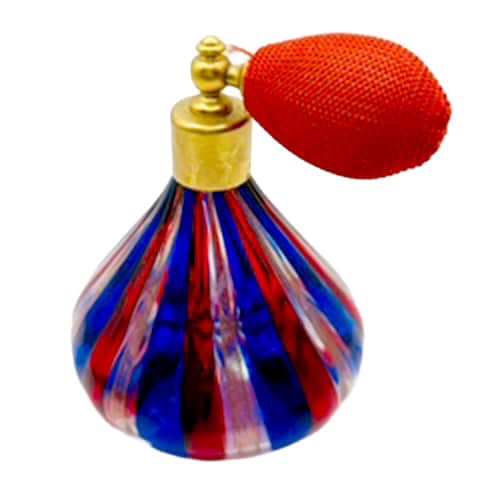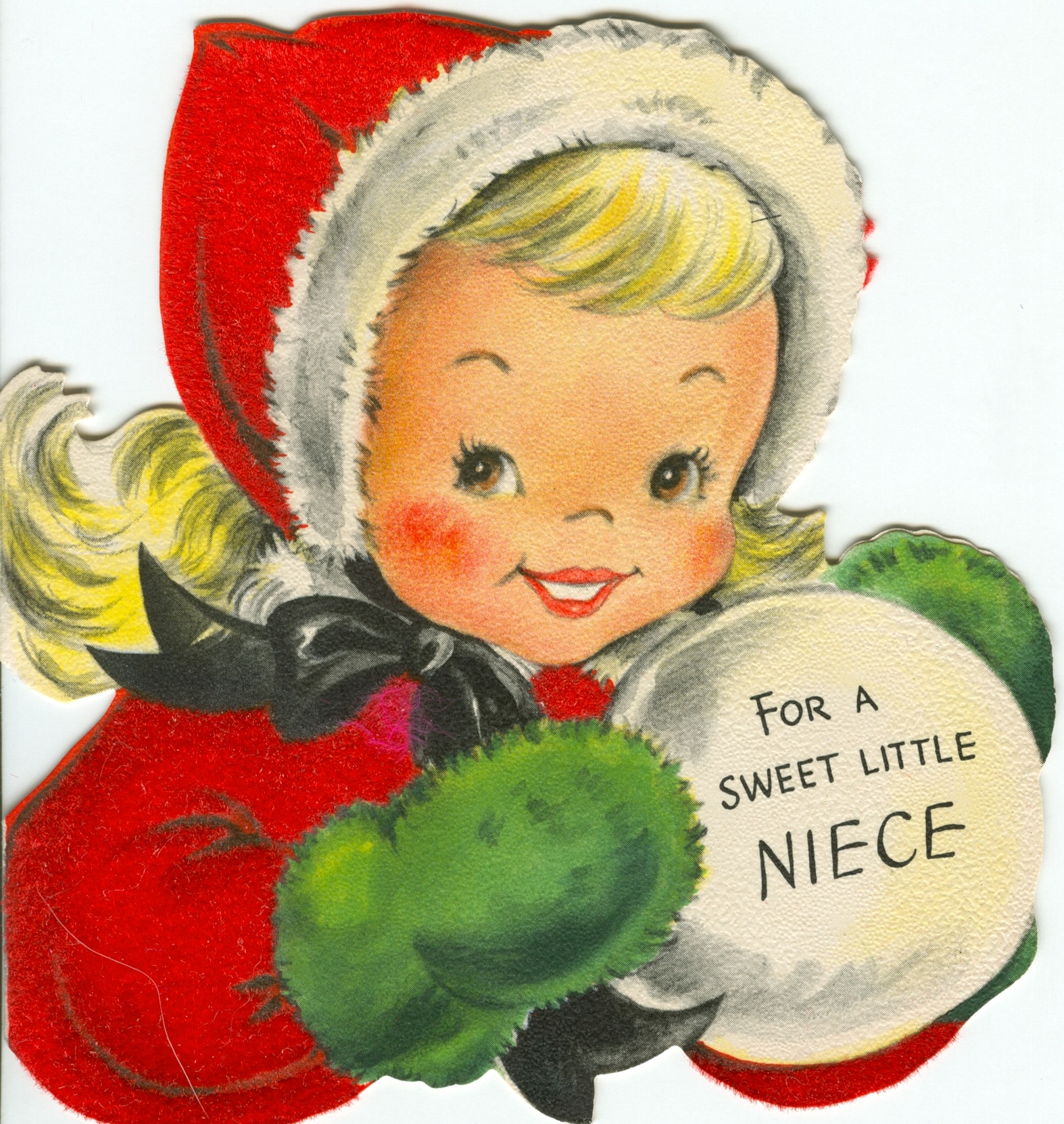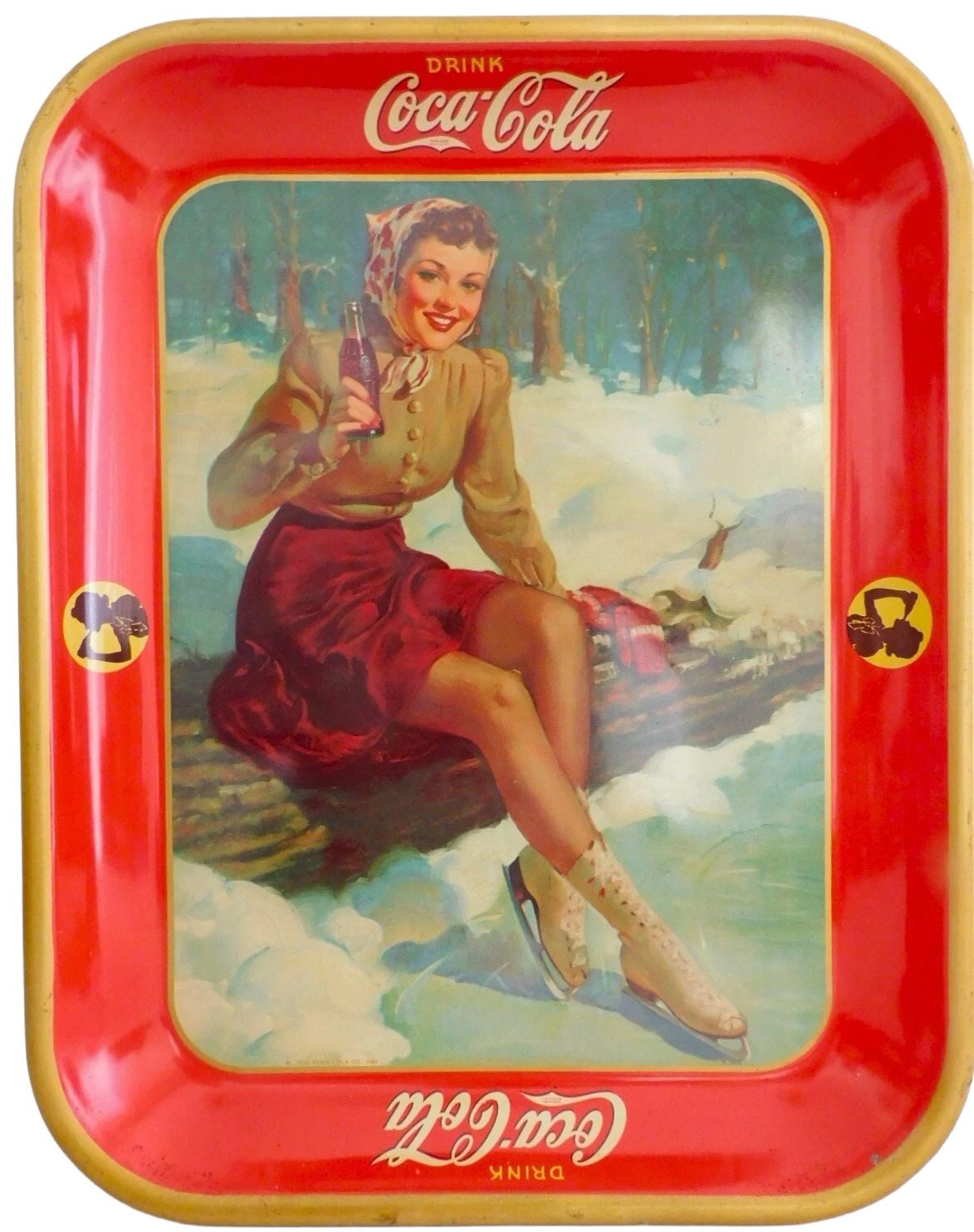The Next Big Hit? Music Trading Cards & the New Wave of Collecting
By Laurence Carpenter, Music Memorabilia Expert
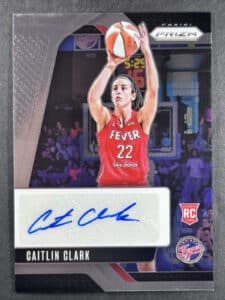
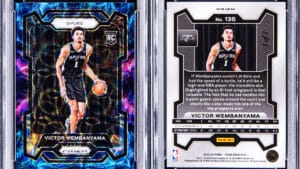
From vintage concert posters to stage-used guitars, music memorabilia has long captured the hearts of collectors. But a new format is quietly gaining traction among enthusiasts: trading cards. While often associated with sports and entertainment, trading cards are now making waves in the world of music memorabilia, offering fans a fresh and affordable way to engage with their favorite artists.
A Brief History
Trading cards and music are not strangers. In the 1960s, The Beatles had their own bubble-gum card series, as did Elvis Presley, The Monkees, and Michael Jackson, following soon after. Often seen as novelties, these cards are now nostalgic treasures, with early Beatles sets commanding serious prices.
After this early buzz, music cards faded from the spotlight. Vinyl, autographs, and stage-used gear became the focus — until recently.
Why Now?
The trading card world has seen a resurgence – fueled by the pandemic boom in sports and Pokémon cards. There’s something inherently nostalgic and tactile about trading cards. And for younger collectors priced out of guitars or rare vinyl, music cards are an accessible entry point.
Modern collectors want more than mass production. Limited print runs, musician autographs, relics (like guitar plectrums or clothing swatches), and high-quality finishes are now standard. This trend has opened the door for music to enter the arena.
Trading card prices have made headlines. A 1952 Topps Mickey Mantle sold for $12.6 million. A 2024 rookie card of Victor Wembanyama fetched $860,100. Caitlin Clark’s autographed WNBA rookie card sold for $366,000. These cards came from packs priced under $200 – highlighting dramatic returns.
Non-sports is just as compelling. A Magic: The Gathering “Black Lotus” from a $1.45 booster pack sold for $3 million in 2024. A Pikachu Illustrator Pokémon card surpassed $900,000. These results show how rarity and nostalgia drive collector value.
There’s also a cultural split: sports card collectors often chase profit, tracking values and grading trends. Non-sports collectors—including music fans—collect for the love of it. The value is emotional. The stories matter. The connection to the artist matters.
Another factor fueling growth is the increasing visibility of grading services. Companies like Professional Sports Authenticator (PSA) and Beckett Grading Services (BGS) have begun grading music and entertainment cards with greater frequency. A graded card not only boosts its credibility but also preserves condition, making it easier for collectors to display, trade, or even insure high-value items. As more music cards hit the market, the infrastructure to support their authenticity and value is rapidly catching up.
This growing legitimacy is also encouraging new players to enter the scene. From boutique record labels to independent artists, many are now exploring how music trading cards can supplement traditional merchandise lines. Some are using them as VIP incentives – cards that come with backstage access, early ticket sales, or even digital content unlocks. This adds a utility layer to collecting and brings a modern twist to a vintage concept.
Modern Music Cards
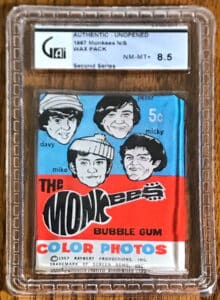
While music cards are rarer than sports cards, independent creators are carving out space. One standout is a 2024 release from Iconic Cards – a limited set featuring autographs and relics like guitar plectrums and stage-used items. Only 1,000 boxes were produced, and they sold out within minutes, showing the hunger for authentic music-themed cards.
Other examples include Topps’s sets for Kiss and The Beatles and Garbage Pail Kids’ music parodies. But big labels have yet to truly enter this space, leaving room for innovation.
We’re also beginning to see a shift in how music cards are distributed. Some artists have tested exclusive bundles where trading cards are included with vinyl records or deluxe box sets. These limited-run bonuses offer fans an extra incentive to buy physical media — a strategic move in an increasingly digital music economy. A rare card might turn a casual fan into a lifelong collector.
Collector Appeal
Why do collectors love music cards? They’re personal. Holding a card with a signed lyric or a relic from stage use sparks the same emotion as owning a piece of music history — but it’s more compact, more displayable, and more affordable.
Younger generations also grew up with card games like Pokémon and Yu-Gi-Oh! For them, cards are second nature. Music cards tap into that nostalgia while offering something new.
Collectors also appreciate the artistry. The best music cards feature original designs, custom photography, and even hand-numbered elements. In a time when mass production is the norm, the care and creativity put into these cards helps distinguish them from standard merchandise. They feel premium, purposeful, and personal.
There’s also a growing sense of community around collecting. Online groups on platforms like Reddit and Facebook host active discussions, price guides, and trading posts. These spaces allow collectors to share finds, connect with others who appreciate the art and rarity of music cards, and stay informed about new releases. This social layer has become a vital part of the experience, transforming what was once a solitary hobby into a shared cultural pursuit.
In-person events are playing a role, too. Pop culture conventions are beginning to include vendors and showcases specifically for music trading cards. Collectors can meet face-to-face, discover rare items, and even get cards signed at artist appearances. As visibility grows, so too does the sense of legitimacy and excitement around the format.
What’s Next?
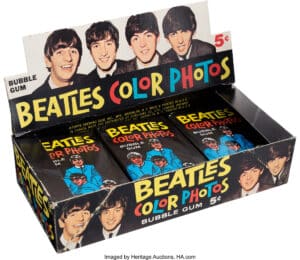
As artists and labels look for fresh ways to connect with fans, music cards offer promise. Think tour-specific sets sold at gigs or online exclusives tied to new albums. Some are even exploring physical cards linked to exclusive online content, i.e., unseen live performances, exclusive interviews, etc.
Mainstream adoption may be just around the corner. Licensing will be key, but early innovators could shape the future of this category. We may also see third-party collaborations become more common – for instance, music venues or festivals releasing cards for each event or labels teaming up with trading card brands for officially licensed sets. Much like how tour posters and limited-edition merch became collectable over time, music trading cards could evolve into time capsules of specific concerts, tours, or album launches.
Retail stores and comic shops may play a role, too. As more products reach physical shelves, casual fans encountering a familiar band or artist in card form might be inclined to try collecting. The appeal is instant: a combination of music, memory, and surprise that taps into the same energy that’s driven card culture for decades.
Crossover potential is also on the horizon. Imagine a card set combining fashion and music – featuring iconic outfits worn on stage alongside fabric relics or designer collaborations. Or film and music mashups, with trading cards celebrating legendary soundtracks or music video milestones. As the format gains traction, it may begin to blur the lines between memorabilia categories, creating new possibilities for creative collectors and publishers alike.
We may even see the rise of artist-specific card brands – where individual musicians curate and produce their own trading card series. These collections could include behind-the-scenes moments, rehearsal notes, lyric drafts, and personal memorabilia, creating a deeply intimate and highly collectible archive of an artist’s career. As direct-to-fan commerce continues to grow, artists who own their image and content could lead the way in redefining what music memorabilia means in the modern era.
Conclusion
Music trading cards may not yet rival a signed guitar or stage-worn jacket, but they’re a rising force. Blending affordability, collectability, and emotional connection, they offer something unique.
For fans and collectors alike, music cards could be the next big hit – and perhaps the next cornerstone of modern music memorabilia.
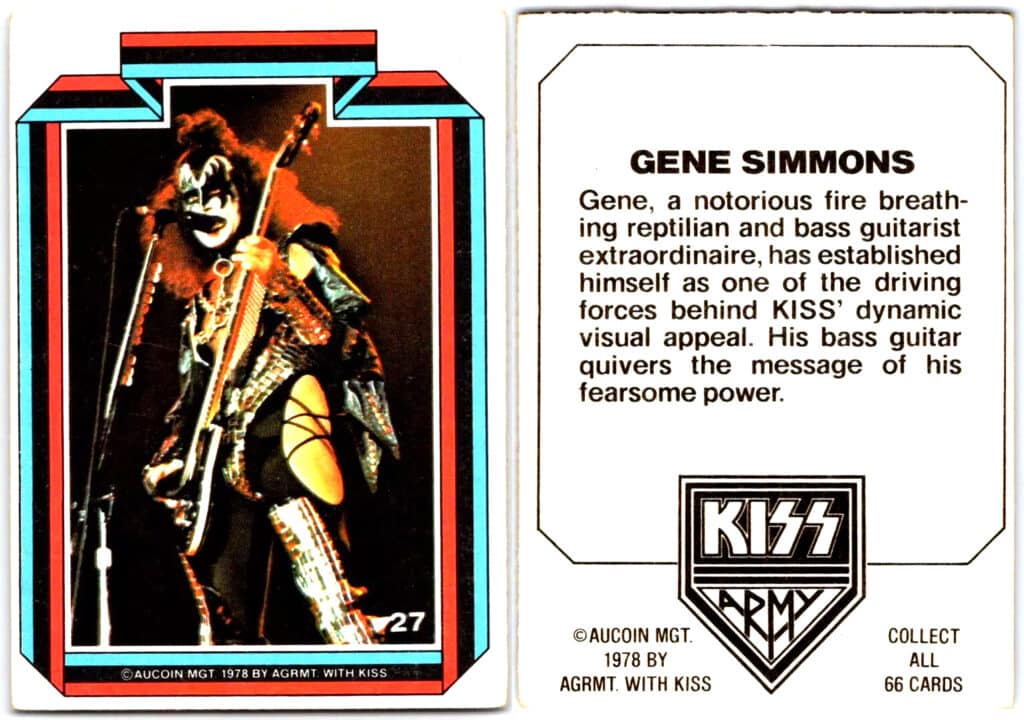
A note from the Editor: If you are looking for a curated collection to view and you happen to be in Ohio, you can request to see the Bowling Green State University’s Popular Music Trading Card Collection created from 1956 to 2009. This is a collection of trading cards featuring individual artists and bands, reflecting the trend of collectible cards in the 20th Century. The collection contains multiple sets of trading cards featuring the Beatles and Elvis Presley, including cards relating to both their music and acting careers. In addition, there is a complete set of RockCards, featuring 1980s hair metal and heavy metal bands. The collection contains smaller numbers of KISS trading cards, and minimal holdings of trading cards for other rock, pop, and country music artists. To see an overview of the collection, visit https://lib.bgsu.edu/findingaids/repositories/3/resources/521




